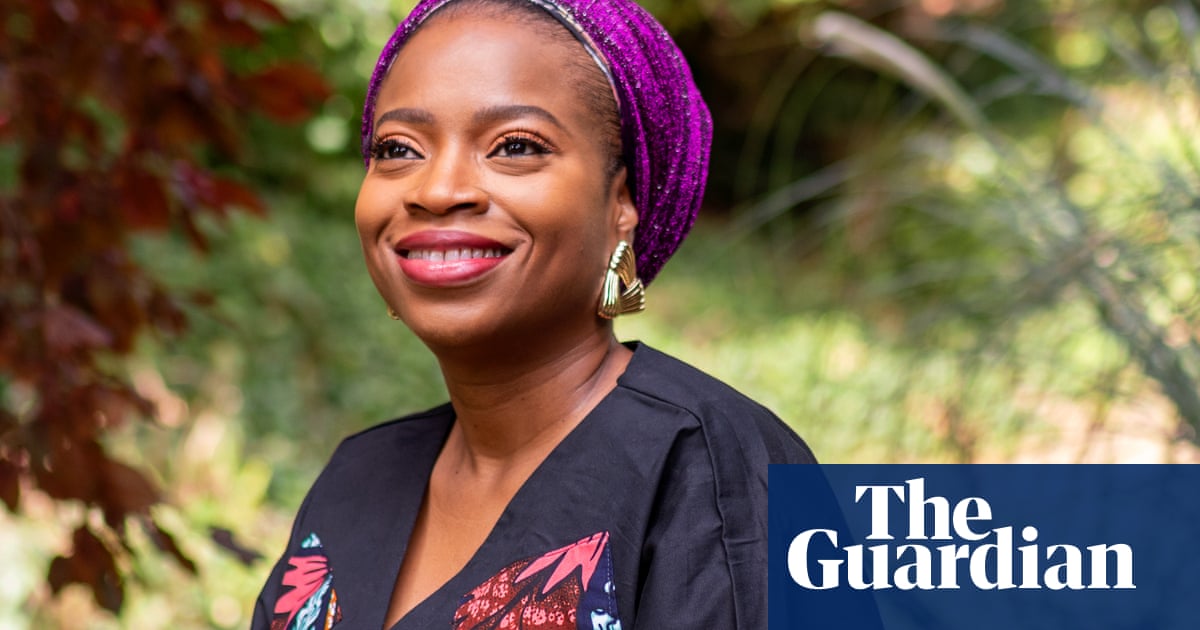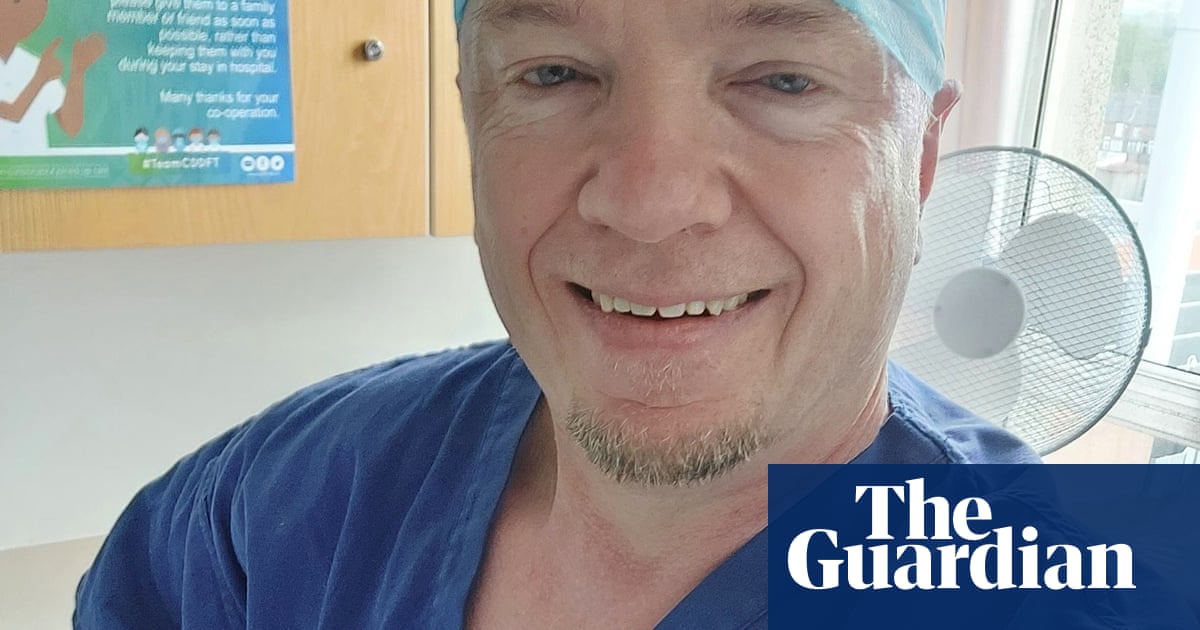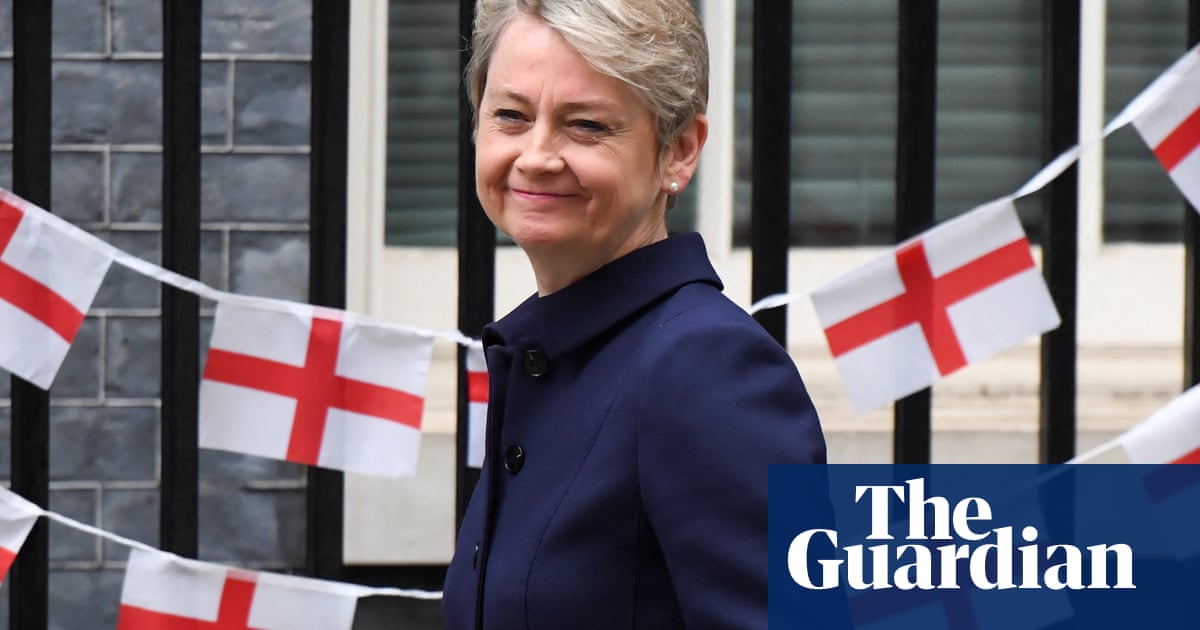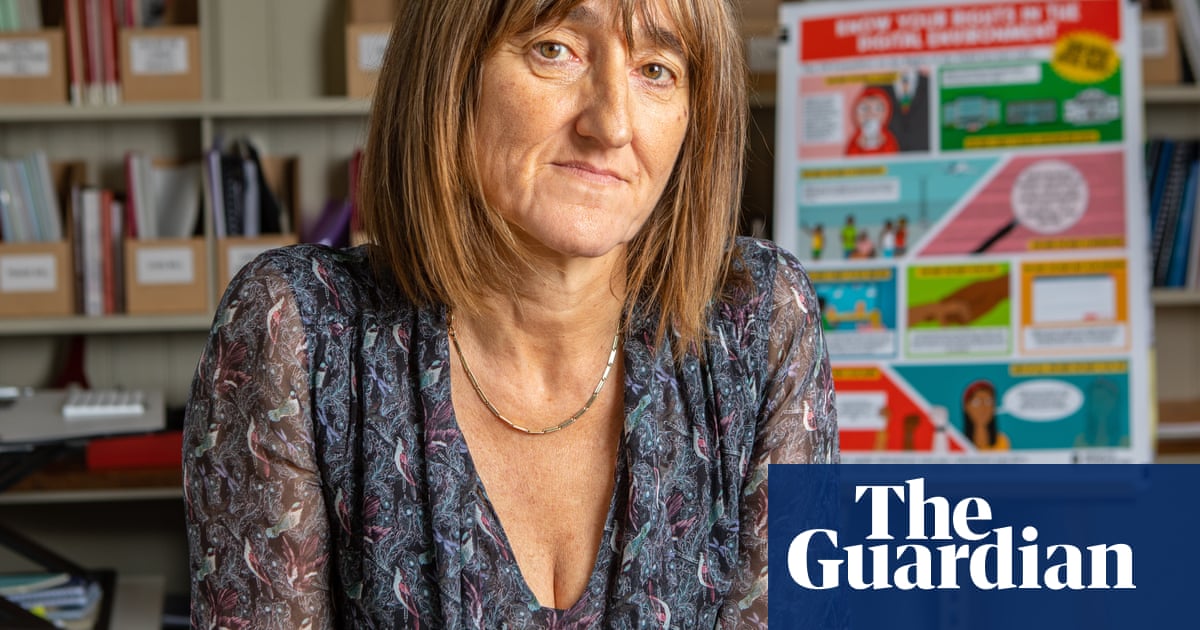The Crown Prosecution Service has yet to explain why it thought that pursuing a case against Nicola Packer was in the public interest. Thankfully, jurors last week cleared the 45-year-old of illegally terminating her pregnancy. But more than four years of police and criminal proceedings have had a lasting impact on a woman already traumatised by discovering that she was 26 weeks pregnant, not about 10, when she acted. The trial dragged her private life – even her sexual preferences – into the public eye. Understandably, she called it “humiliating”. But it is prosecutors who should feel shame.
Ms Packer was prescribed abortion pills in a remote consultation, due to a Covid lockdown. Prosecutors alleged that she deliberately breached the abortion time limit. Jurors believed Ms Packer, who said that she was horrified to realise how advanced her pregnancy was when she saw the foetus and that she “wouldn’t have put the baby or myself through it” had she known.
Her case is an extreme one, but part of a growing trend. About 100 women are believed to have been investigated for possible illegal abortions in the last five years, with five cases coming to court in 2023. Before then, only three women were thought to have been prosecuted since abortion was made illegal in 1861.
The judgment of the CPS was appalling. But the underlying issue is the criminalisation of abortion. The 1967 Abortion Act did not repeal the Victorian law but created exemptions under set conditions, leading to the wide availability of the procedure. The remote prescription of pills for early abortions has more recently expanded access. Many campaigners and politicians have been reluctant to re-open the abortion issue for fear the debate could be exploited and lead to reduced availability, for example through pressure to lower the term limit, now 24 weeks apart from in exceptional circumstances. Abortion’s legality, and the conditions of its availability, are distinct though related issues. But the surge in investigations, along with the influx of money and influence from anti-abortion activists invigorated by their triumph in the US, have persuaded many people that legislative change is now necessary.
Medical opinion has swung decisively behind decriminalisation. More than 30 organisations – including the British Medical Association and the royal colleges of midwives, obstetricians and gynaecologists, nurses and GPs – have condemned the “trauma and cruelty” caused by the law and said that abortion should be simply a healthcare matter. In Canada, where abortion has been legal for more than three decades, rates have been stable and the proportion of later abortions has fallen. Criminalising the rare women who obtain abortions after the term limit, often vulnerable individuals in difficult circumstances, is unlikely to deter such cases. But it may deter them – and other women who have acted near the term limit or have miscarried naturally – from seeking medical help.
MPs have already decriminalised abortion in Northern Ireland. In coming weeks, they have the opportunity to do so in the rest of the UK, thanks to two amendments tabled to the policing bill by Labour backbenchers. The first, from Tonia Antoniazzi, has widespread backing, including from more than 50 MPs across parties. Stella Creasy believes her alternative amendment would ensure that decriminalisation did not open the door to abortion access being tightened via secondary legislation in future. MPs may well be concerned, however, that it raises constitutional issues, and this additional complexity could deter them from backing change. The choice between two amendments, introduced with the best intentions, must not hole the campaign for decriminalisation. MPs must coalesce to push through change. There must be no more Nicola Packers.

 2 hours ago
4
2 hours ago
4

















































